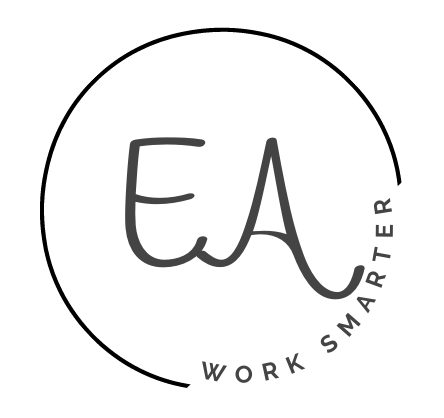If you want to know how to stand out in a teacher interview so that you land your next teaching job, then these teacher interview tips are for you.
It can be a challenge to secure a teacher interview at a school. So when given the opportunity, you want to make the best impression possible.
There are so many unspoken rules to keep in mind.
What’s more, in addition to knowing what to say, you must be equally mindful of what not to say in a teacher interview.
To give yourself the best chance of securing the job, follow these helpful teacher interview tips from principals and seasoned teachers.
They will not only help the interview committee see your value but provide you with insight into whether the school and job will be a good fit for you.
You will definitely want to keep these teaching interview tips handy.
Teacher Interview Tips
Here you will find some of the best teacher interview tips on how to prepare for the big day. These are things to do in order to stand out as a candidate.
Teacher Interview Tips (BEFORE the Interview)
1. Research the School.
Do your due diligence in researching the school to which you are applying.
Review its core value, mission statement, and/or any current events connected to the school.
Doing so will help you to generate unanswered questions.
2. Review the 10 Most Common Interview Questions.
This list of teacher interview tips would not be complete without sharing this recommendation.
There are certain questions that principals tend to ask during interviews. Be familiar with them, and practice well-thought-out responses.
It might also be helpful to weave into your answers a few educational buzzwords.
Common interview questions:
- How do you keep students engaged and motivated?
- What’s your teaching philosophy?
- How do you keep parents involved?
- What does a typical lesson look like in your classroom?
- How do you meet the academic needs of both struggling learners and advanced students?
Related Content:
Elementary Teacher Interview Questions (coming soon)
3. Prepare a Teaching Portfolio.
In contrast to a resume, a teaching portfolio better illustrates your instructional style, teaching methodologies, and accomplishments.
It normally includes…
- Teaching philosophy or statement
- Lesson plans
- Assessments
- Professional goals
See the full list of things to include in a teaching portfolio for an interview. (coming soon)
Teacher Interview Tips (DURING the Interview)
4. Ask Questions.
Toward the end of the interview, the interviewer will most likely ask if you have any questions so be prepared.
Asking questions shows your interest plus helps you to gather more information about the school.
Though you should ideally tailor questions to the specific school, here are some general questions to consider…
- What do teachers say is the best thing about working here?
- Which academic area is the school currently looking to improve?
- How long will it be before I hear back regarding your decision to move forward in the interview process?

5. Dress Professionally.
Of all the teacher interview tips, this one cannot be stressed enough.
Dress professionally for the teaching interview so that you make a great first impression. Look neat and clean.
You want to show that you take the interview and job position seriously.
6. Be Aware of Your Body Language.
It is said that approximately half of the communication that we give and receive during a conversation is from our body language, and interviews are no exception.
Remain aware of the type of signals you send with your hand gestures, facial expressions, posture, eye contact, and overall demeanor.
The interviewer will take these cues into consideration.
Related Content:
Interview Questions for Teachers From Students (coming soon)
7. Bring Examples of Your Past Successes.
If you have teaching experience, share examples of past success stories. Provide examples that demonstrate how you’ve helped students excel or overcome challenges.
Also, explain how you interact with students.
Give as much detail as possible so that the principal has a clear idea of your teaching style and abilities.
8. Provide Student-Centered Answers.
As appropriate, frame responses in a way that shows how you can help students.
For example, instead of simply describing yourself as detail-oriented, explain how your organizational skills help with classroom management.
Show and not tell.
A quick tip: Before the interview, create a list of your best traits. Afterward, brainstorm how each helps you to be a better teacher.
Teacher Interview Tips (AFTER the Interview)

9. Send a Thank You Note.
Within 24-48 hours of your teaching interview, send a thank you note to the interviewer, thanking the person for his/her time and consideration.
Communicate appreciation for the opportunity.
While a handwritten note adds a personal touch, a kind email works just as well.
This is one of the teacher interview tips that will help you to stand out.
10. Follow Up.
After you have sent a thank you letter and waited some time after the interview, politely reach out to inquire about the status of your candidacy if you haven’t heard back.
A couple of friendly emails with some time in between each is best practice. Too many follow-up emails could make a negative impact.
Final Thoughts On Teacher Interview Tips
Armed with these helpful teacher interview tips, you’ll be ready to “wow” the principal with your experience, confidence, and dedication to the teaching profession.
See more teaching interview tips that help you land the job.
